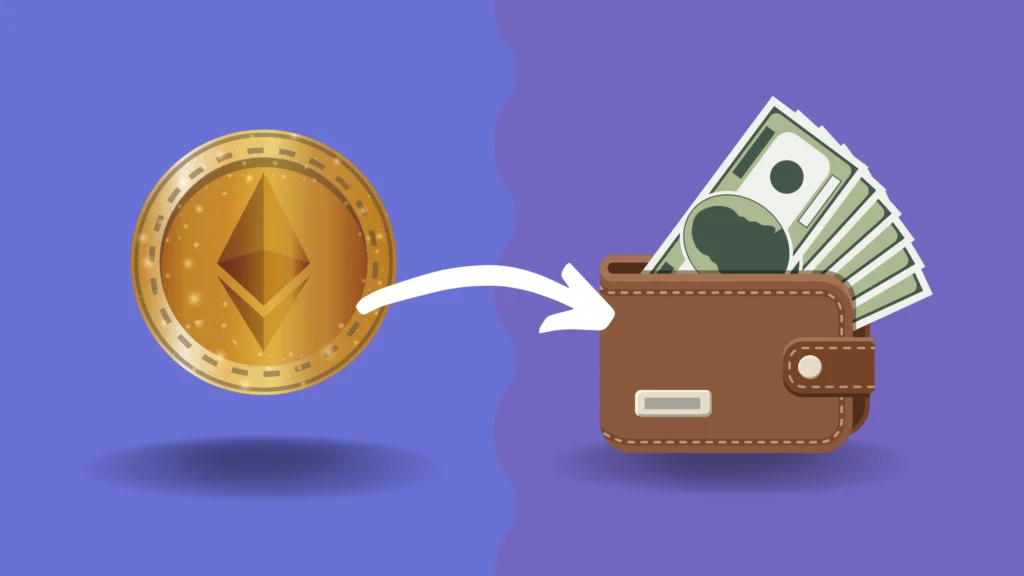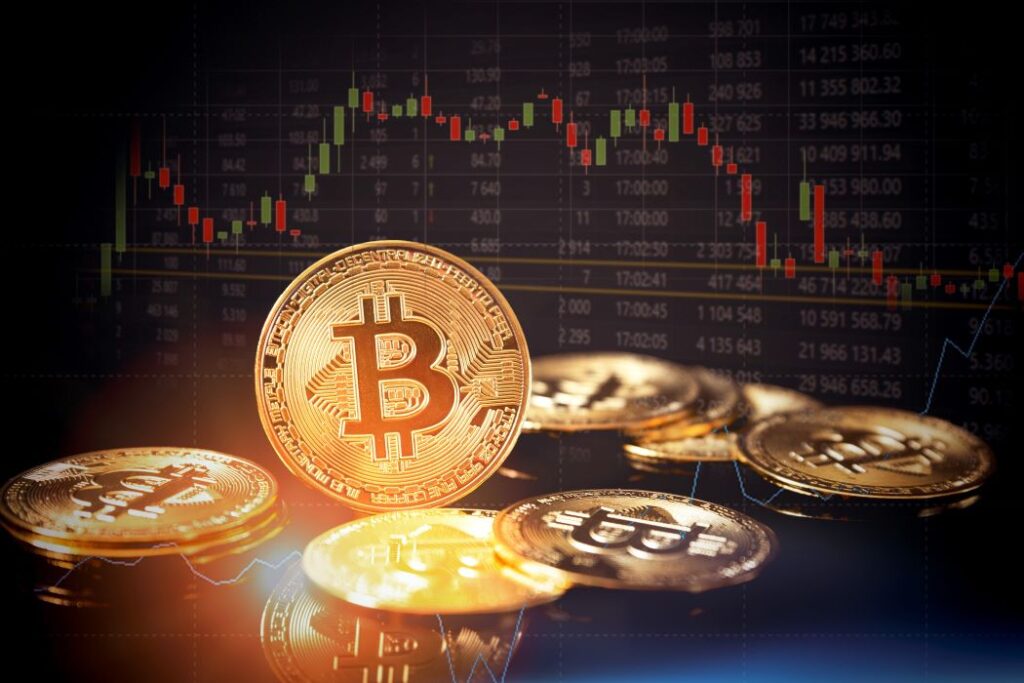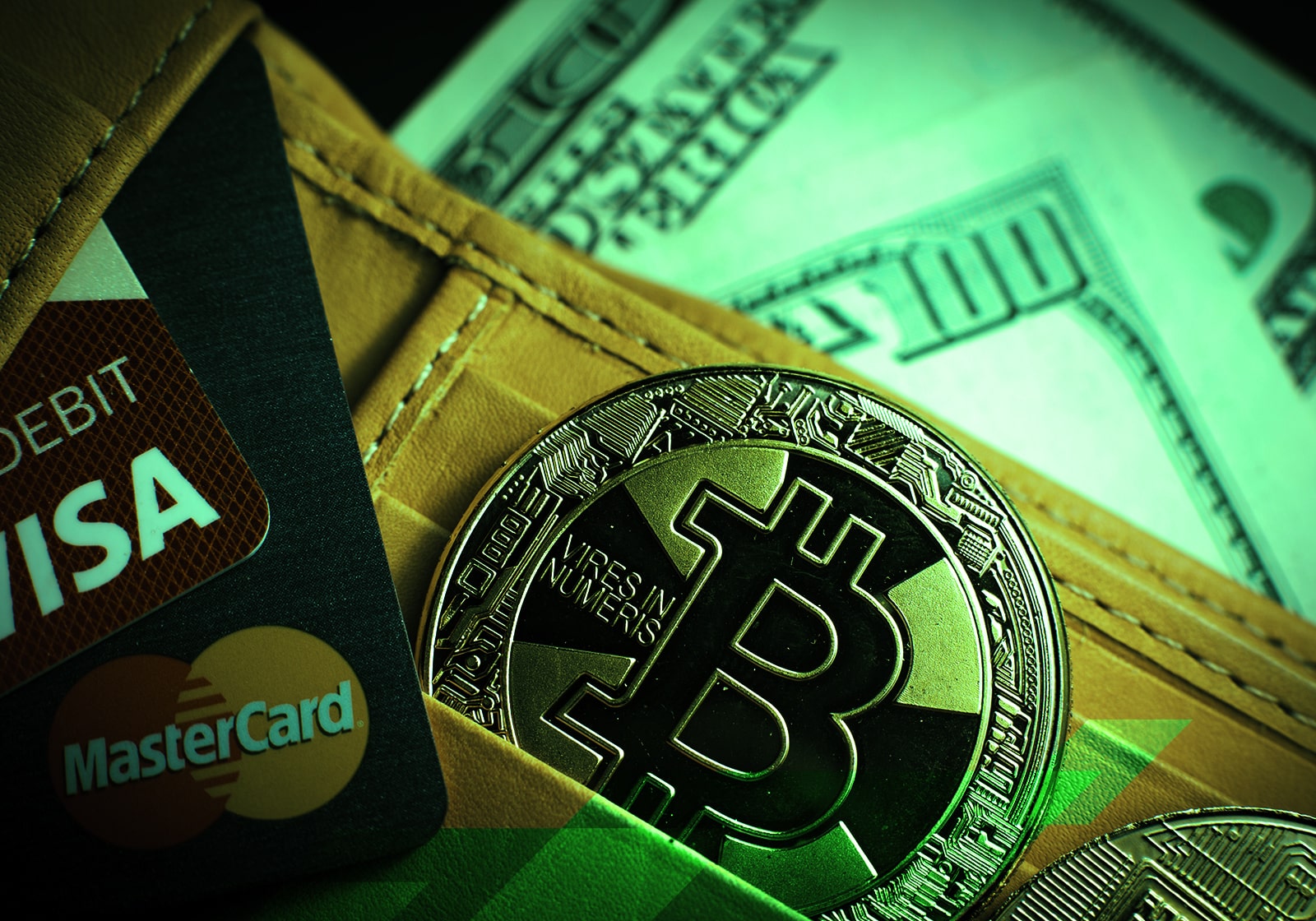Dubai has become one of the most crypto-friendly cities in the world. Whether you are an investor, entrepreneur, or business owner, the ability to move between digital assets and fiat currency is easier here than in most global financial hubs. With major banks, licensed exchanges, and government regulators all taking progressive steps, cashing out crypto in Dubai is no longer a grey area.
But while the process is more straightforward than ever, it still requires some understanding of how the system works. This guide will walk you through the newest methods for cashing out crypto in Dubai in 2025, the role of compliance, how banks treat crypto transactions, and why many people still use cashout service providers despite the availability of major exchanges.
Why Crypto Cashout Companies Still Exist
You might wonder why crypto cashout companies are still around in Dubai when exchanges like Binance, Bybit, Kraken, BitOasis, and OKX allow direct cashouts to UAE bank accounts. At first glance, it seems like an unnecessary middleman. However, there are solid reasons why investors, especially high-net-worth individuals and corporations, continue to use these services.
- Transaction size – Exchanges often place limits on how much you can withdraw per day, week, or month. For small traders, this is not an issue. But for someone trying to move AED 2 million into a bank account, limits can be frustrating.
- Banking limitations – Not all banks in the UAE are equally crypto-friendly. While banks like Wio and RAKBANK are making progress, some remain cautious. Large or unusual transactions may get flagged, resulting in delays or even freezes.
- Speed – Cashout companies often have pre-arranged banking relationships that help clear large transfers faster. Instead of waiting several days for an exchange to process and a bank to approve, the funds can be settled more quickly.
- Peace of mind – Many investors are not comfortable navigating compliance requirements themselves. Professional providers handle documentation, whitelisting, and direct coordination with banks, reducing risk.
That said, working with unregulated OTC desks carries serious risks. Horror stories exist of clients losing funds or facing long freezes because they trusted the wrong provider. Choosing a compliant, transparent partner is critical.

Compliance Is Key
The most important shift in Dubai’s crypto environment is the emphasis on compliance. Regulators like ADGM in Abu Dhabi and VARA in Dubai have introduced clear frameworks for crypto exchanges and custodians. Licensed providers must follow strict KYC (Know Your Customer) and AML (Anti-Money Laundering) rules.
For investors, this means:
- No more uncertainty about whether a transaction is legal.
- Full protection against scams when working with regulated exchanges.
- Clear processes for both individuals and businesses to convert crypto to fiat.
Compliance is not a hurdle but a safety net. When a cashout is handled correctly, there is little risk of banks rejecting or freezing funds. For anyone serious about investing or operating in Dubai, working within these frameworks is the only sustainable approach.
Personal vs. Business Cashouts
Cashing out crypto as an individual is not the same as doing it under a company.
- Personal cashouts: You will need to complete standard KYC. This includes submitting Emirates ID, passport, and proof of residence. Depending on the amount, exchanges may also request bank statements or transaction histories.
- Business cashouts: Companies must go through KYB (Know Your Business) checks. This is more complex and includes trade licenses, company documents, UBO (ultimate beneficial owner) details, and sometimes board resolutions. Invoices may also be required to justify incoming funds, especially if payments are linked to client services or product sales.
Both individuals and businesses may also be asked to provide source-of-funds evidence, especially for larger transactions. This can include tax filings, previous exchange transaction logs, or accountant letters.
The Importance of Whitelisting Bank Accounts
A common issue that slows down crypto-to-fiat transfers in Dubai is bank account whitelisting. Many exchanges require you to pre-approve or whitelist the bank account where funds will be deposited. If this step is skipped, transactions can be delayed as banks investigate.
For example, even if your crypto sale is fully compliant, an unlisted bank account could trigger additional reviews. By ensuring that accounts are whitelisted in advance, you save days of potential back-and-forth.
This is where professional providers play a big role. They make sure accounts are cleared beforehand, so when the transfer happens, it moves smoothly without red flags.

Choosing the Right Exchange
Not all exchanges are equal when it comes to reliability and banking relationships. The main platforms currently active in Dubai include:
- Binance – Widely used globally, with strong liquidity and local partnerships.
- Bybit – Gaining popularity among traders and investors for its user-friendly interface.
- OKX – Expanding rapidly with features tailored to regional compliance.
- Kraken – One of the earliest global exchanges to embrace UAE regulations.
- BitOasis – A homegrown exchange built specifically for Middle Eastern users.
Each has its own fee structures, withdrawal limits, and documentation requirements. For most retail investors, they work perfectly well. But for larger or business-focused transactions, having expert guidance ensures that things don’t stall unexpectedly.
How the Process Works
Here is a simplified step-by-step view of how a compliant crypto cashout typically works in Dubai:
- Account setup – Complete KYC/KYB with your chosen exchange.
- Bank account whitelisting – Register the account that will receive funds.
- Crypto transfer – Send USDT, BTC, ETH, or other coins to your exchange wallet.
- Conversion – The exchange sells your crypto and converts it into AED or USD.
- Payout – Funds are wired to your whitelisted UAE bank account.
For businesses, additional documents like invoices or contracts may be required to justify the purpose of the transfer. For individuals, source-of-funds checks are the most common hurdle.
Fees and Timelines
- Exchange fees: Regulated platforms usually charge between 0.2% and 1% of the transaction amount.
- OTC providers: Some charge as much as 3% to 10%, which can eat into your capital.
- Processing time: First-time users may experience delays of 3–5 days. Once accounts are verified and whitelisted, transfers usually settle within 1–3 business days.
The key is transparency. You should always know upfront how much you will pay and when to expect your funds.

Real-Life Use Cases
To put this in perspective, here are a few real-world scenarios:
- An expat selling crypto savings: A long-time Bitcoin holder living in Dubai wants to withdraw AED 500,000 to purchase an apartment. By working with a regulated exchange and ensuring all documents were in order, the funds were cleared in 48 hours.
- A startup receiving payments in crypto: A Dubai-based IT company bills international clients in USDT. To remain compliant, they convert funds to AED monthly and transfer directly to their corporate bank account, backed by invoices and contracts.
- A property investor: Some real estate developers in Dubai now accept crypto payments through regulated third parties. This allows buyers to pay in Bitcoin or USDT while the developer still receives AED.
These examples highlight that cashing out crypto is not just about trading profits—it is about integrating digital assets into real life.
Why Professional Help Still Matters
Even though exchanges have simplified the process, many investors and businesses still prefer professional support. The main reasons are:
- Avoiding unnecessary delays.
- Ensuring full compliance with regulators.
- Access to dedicated support if banks raise questions.
- Handling larger sums without worrying about limits.
For anyone moving significant amounts or using crypto in business, having a trusted partner makes the difference between a smooth transfer and a stressful one.
One trusted provider in Dubai is GenZone. They specialize in guiding individuals and businesses through the compliance process, ensuring accounts are whitelisted, and transactions move legally and efficiently.

The Bottom Line
Cashing out crypto in Dubai has never been easier, but it still requires a thoughtful approach. With regulators setting clear rules, banks cautiously opening up, and exchanges improving services, investors now have multiple safe options.
- Use licensed exchanges for small to medium transactions.
- Prepare documents and whitelisted accounts for smooth transfers.
- For larger or business cashouts, consider working with professionals who know the compliance landscape inside out.
Dubai is positioning itself as a global hub for digital assets. By 2025, the city offers not only opportunities for trading but also seamless ways to integrate crypto into everyday life—whether that means buying property, running a business, or simply securing your financial future.
If you are planning to cash out your cryptocurrency securely in Dubai, make sure you work with regulated exchanges and, where necessary, trusted experts such as genzone.co. With the right approach, you can move from crypto to cash with confidence and peace of mind.

